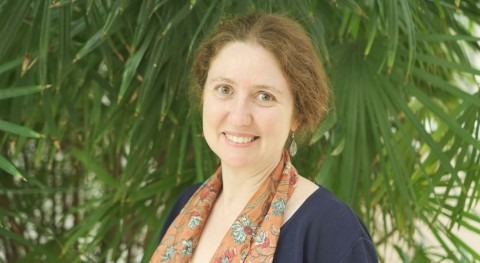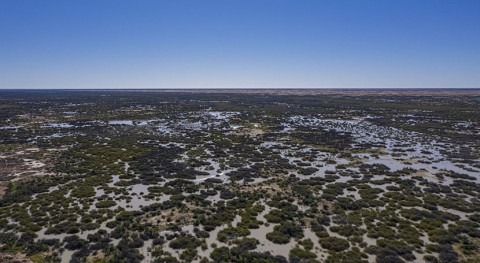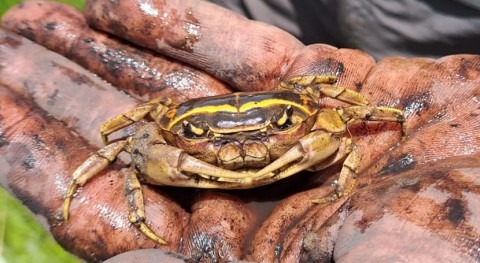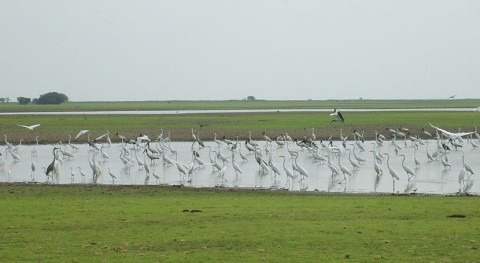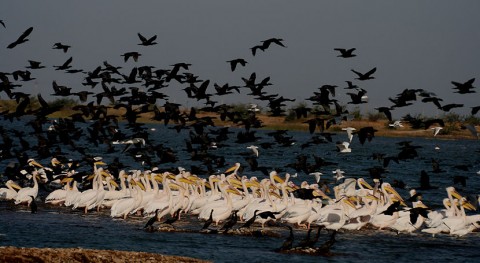North Macedonia has designated Lake Ohrid as its third and largest “Ramsar Site” (no. 2449 on the List of Wetlands of International Importance). The Site straddles the mountainous border between North Macedonia and Albania. It has been a World Heritage Property since 1979.
The Lake’s low-nutrient, high-oxygen environment boasts one of the highest rates of biodiversity of any inland water body on Earth when measured by surface area: it hosts 1,200 species, with over 200 of them endemic and many of them protected such as the freshwater snail (Acroloxus macedonicus), the endemic belvica (Salmo ohridanus) and the velvet duck (Melanitta fusca).
The Lake is fed primarily by springs, as rainfall and water from nearby Lake Prespa trickles through underground watercourses in the karst landscape. These channels are chemically diverse, creating unique microhabitats that contain globally unique invertebrate species. The oxygen-rich conditions and clear water allow vertical habitats to descend to depths of 150 metres, supporting endemic taxa throughout the food web from phytoplankton to predatory fish.
The Site includes Studenchishte marsh on the eastern shore, which features alkaline nutrient-filtering marshes and fens that provide nesting, spawning and wintering grounds for birds and fish. The marsh has been diminished by land-use changes and habitat degradation, but it is still home to nationally rare plants and insects, endemic invertebrates, and protected reptiles and amphibians.
Humans have been settling around the lake shore for over 8,000 years, making it a hotspot for palaeological research. Today, the Lake provides freshwater to hundreds of thousands of residents who benefit from carp and Ohrid trout fisheries and a growing tourism industry.




